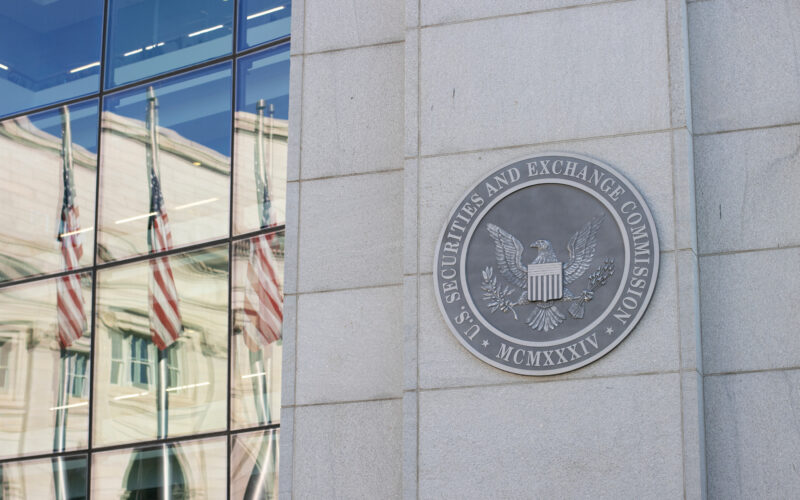The SEC Secures Default Judgment against Thor Technologies and CEO David Chin
The United States Securities and Exchange Commission (SEC) has recently obtained a default judgment against Thor Technologies, a technology company, and its CEO David Chin. In a statement released on October 19, the SEC provided an update on the case, revealing that the judgment was secured in the U.S. District Court for the Northern District of California, San Francisco.
The SEC initiated a lawsuit against Thor Technologies and its executive, accusing them of offering unregistered securities amounting to $2.9 million. As per the judgment, the defendants are now required to pay a total of $903,193.06, which includes $744,555 as disgorgement and $158,638.06 as prejudgment interest.
“The SEC’s investigation was conducted by Ruth L. Hawley and Erin E. Wilk and supervised by Jeremy E. Pendrey and Monique C. Winkler of the SEC’s San Francisco Regional Office. The SEC’s litigation was conducted by Marc Katz, Ms. Hawley, and Ms. Wilk,” the Commission stated.
Furthermore, the court has prohibited both Thor Technologies and David Chin from participating in any securities offering involving digital assets.
This default judgment signifies a ruling that favors one party when the other fails to take necessary action, such as entering an appearance or filing pleadings. It is a significant development in the case against Thor Technologies and its CEO.
SEC Drops Case Against Ripple Executives
In related news, the SEC has dropped its case against Ripple executives, CEO Brad Garlinghouse and Chairman Chris Larsen. The lawsuit was initially filed in December 2020, alleging that Ripple offered unregistered securities. However, both parties have reached an agreement to dismiss the aiding and abetting charges against the defendants and their company.
The SEC had filed lawsuits against Ripple as part of its initiative to address the marketing of crypto assets as financial securities without proper authority from the Commission. The lawsuit, which was filed in 2022, claimed that both defendants offered “Thor Tokens” to the public, utilizing the profits to fund the company’s operations.
During the period of March to May 2018, the defendants promoted the token as an investment opportunity, stating that its value would increase and it would be listed on various crypto trading platforms. However, it was later revealed that no progress was made on the token’s platform, rendering it useless in other contexts.

















